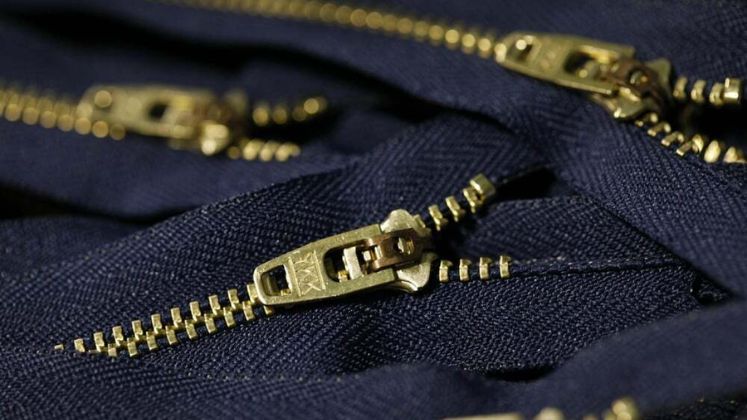
A leading global supplier of zippers discovered PFAS, per- or polyfluoroalkyl substances, in the paint used on some of its products — an example of how difficult it is for companies to remove the toxic chemicals from products ahead of looming US bans.
Although the discovery was made in the first half of the year, Tokyo-based YKK Corp. warned its customers about the presence of PFAS on select waterproof zippers and other products.
Fjällräven, a Swedish manufacturer of outdoor clothing and equipment, for instance, stated in February that it wanted to discontinue the deliberate use of PFAS in all goods by the end of this year. According to Philipp Kloeters, worldwide communications manager for Fjällräven International AB, YKK informed Fjällräven about the issue in May. Even though the zipper manufacturer fixed the problem, according to him, it’s “too late” for Fjällräven to use the new zippers in its spring and summer 2024 collection. He continued, “They’ll be used in the autumn and winter products next year.”
The number of brands impacted by YKK’s PFAS-containing products is unknown. Based on products spotted in shops and online, several outdoor apparel firms that use YKK zippers declined to declare whether they were affected by the incident. The company did not publish a list of its clients.
The North Face’s owner, VF Corp., declined to comment on whether the company’s current products may be impacted but said in a statement that any items made for the autumn 2024 season—including those with YKK trims—’will not contain PFAS chemicals’. Patagonia Inc. declined to comment on whether or not its items were affected.
When asked whether PFAS was discovered in their zippers, Eddie Bauer Inc., Columbia Sportswear Co., L.L.Bean Inc., and Lululemon Athletica Inc. did not respond.






